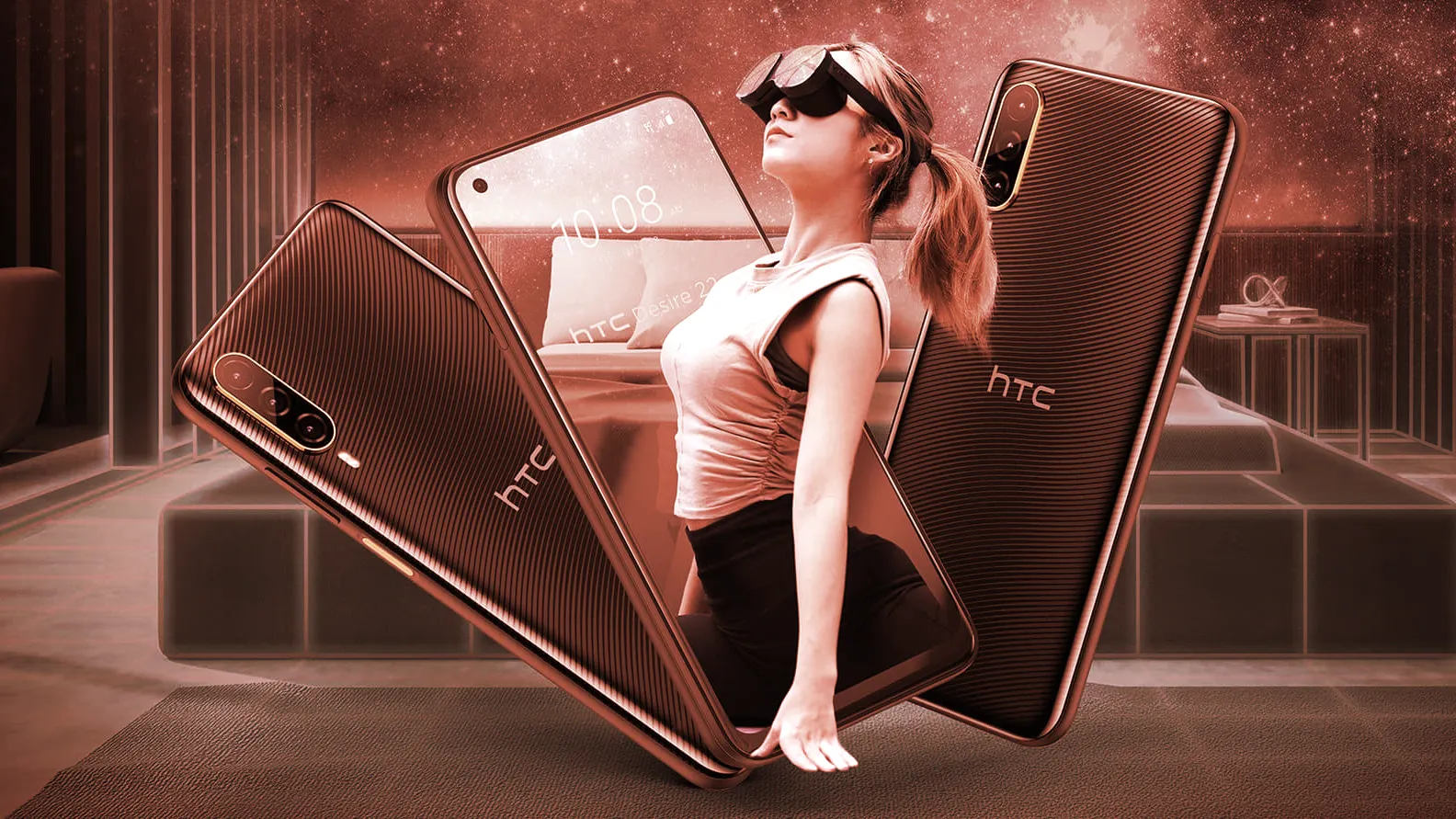In brief
- Solana and Polygon have both launched mobile Web3 initiatives, plus HTC has a new “metaverse phone.”
- It’s the latest wave of Web3 smartphone projects following a wave of them a few years back.
Just a few years back, tech giants like Samsung and HTC and startups including Sirin Labs attempted to make crypto-ready smartphones a thing. It didn’t appear to click with a mass audience, however, and the trend disappeared for a while.
But now the concept is back, as the creators behind major blockchain networks Solana and Polygon eye the mobile market as a way to introduce Web3 and crypto to potentially hundreds of millions of new users around the world. And yes, HTC is still at it with its own new “metaverse phone.”
What’s different this time around, and how is each company approaching its new mobile Web3 effort? Here’s a look at what Solana, Polygon, and HTC are doing in the space.
Solana Saga + SMS
Solana Labs made a big splash recently during NFT NYC with an announcement that wasn’t specifically tied to NFTs: the firm is not only making a big mobile Web3 push with its Solana Mobile Stack (SMS) software kit, but it’s also making a high-end Android phone.
Solana Mobile Stack is software designed to make Web3 functionality easier to access via a mobile phone, enabling smoother access to wallet apps, improved use of Solana Pay on the go, and access to games, apps, and NFT marketplaces.
The Solana Saga is designed to be the ultimate showcase of that technology as a top-end Android phone, full of all the bells and whistles you’d expect from a $1,000 device. And that’s what it will likely cost when it debuts early next year.
SMS isn’t designed to be exclusive to the Saga, but Android phone makers like Samsung and Google will need to actively adopt the software to enable the same kind of functionality on their own devices. Solana co-founder Anatoly Yakovenko told Decrypt that such hopeful actions are mission critical to introducing the wider world to Web3 and self-custody of crypto assets.
“It's just a matter of them deciding that crypto is important enough,” he said. “From my point of view, we could be very successful in enabling a billion users to self custody just by changing the minds of those folks.”
Polygon + Nothing
Just this week, Ethereum scaling platform Polygon revealed its own push into mobile in partnership with Nothing, a new smartphone tech startup. Rather than create its own branded phone, Polygon will work with the brand to implement its technology within the upcoming Nothing Phone (1).
Full details have yet to be revealed ahead of the phone’s July 12 launch event, but Polygon has said that it will enable easier access to dapps and games via the platform, enable easier payments and cryptographically-secured identification features, and more.
“If you look at any Android or Apple phone, you log in with either a Google ID or an Apple ID, and to an extent, Apple or Google owns the customer, right? That is where the value comes from,” Polygon Vice President of Growth Arjun Kalsy told Decrypt. “In a decentralized world, we need to help the user take back control.”
The Nothing Phone (1) is an Android smartphone that’s likely to cost a lot less than the Solana Saga, due to the use of a mid-range processor instead of a flagship chip. Nothing was founded by Carl Pei, who previously co-founded smartphone brand OnePlus, which is known for phones with flagship allure but smart skimps and tweaks to deliver more competitive prices.
“I believe it’s one of the single most important things which networks can do,” Kalsy said, describing the mobile opportunity. “You’ve solved for scalability and such, and now you can take this technology to the mobile phone and start onboarding the next hundreds of millions of users into Web3.”
HTC Desire 22 Pro
Unlike those phone projects, the HTC Desire 22 Pro isn’t spearheaded by the creators of a single blockchain network. Instead, the tech brand’s so-called metaverse phone will support both Ethereum and Polygon, and is designed to offer access to metaverse platforms and even VR experiences using a paired headset.
What’s a bit curious about that approach is that the HTC Desire 22 Pro is not a top-level flagship phone. The Qualcomm Snapdragon 695 5G chip bundled inside is a modest mid-range chip that’s even less powerful than the Snapdragon 778G+ that’s been confirmed for the Nothing Phone (1). On the other hand, the phone is priced at just £399, or about $475.
In other words, this might not be an ideal phone for lavish 3D experiences, but it is being designed as a handset that you can use to buy and store NFT assets on Ethereum and Polygon. We’ll see whether this smartphone finds a wider audience than HTC’s previous crypto phones. It’s releasing in Taiwan and the U.K., but it’s unclear whether a global launch will follow.

